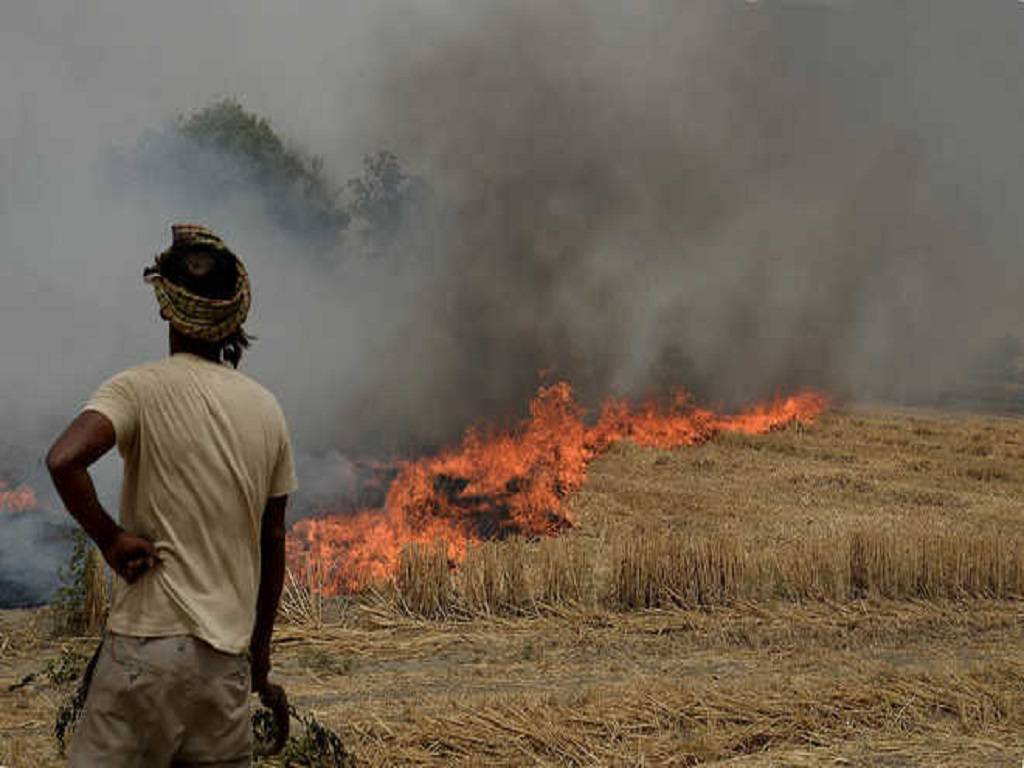
With efforts such as confiscating unlicensed agricultural equipment and issuing fines failing to reduce cases of stubble burning, the Uttar Pradesh government is considering implementing harsh legal penalties, including filing FIRs against the perpetrators.
Despite the fact that many awareness programmes stressing the dangers of stubble burning were held, the outcomes were not visible.
According to data from NASA's (National Aeronautics and Space Administration) Fire Information for Resource Management System (FIRMS), which is also used by the Uttar Pradesh Pollution Control Board (UPPCB), around 800 distinct fire farm events were recorded in the previous week from 18 districts.
Aligarh, Barabanki, Fatehpur, Kanpur Nagar, Mathura, Hardoi, Sambhal, Ghaziabad, Gautam Buddh Nagar, Meerut, Saharanpur, Rampur, Lakhimpur Kheri, Pilibhit, Shahjahanpur, Bulandshahr, Shamli and Bareilly are among the districts included.
While the government encourages farmers to use alternate methods to dispose off farm residues, farmers argue that the proposed solutions are "impractical." For them, the easiest and most cost-efficient method is to burn the residues left from farming and not the biochemical or uprooting methods as they are time-consuming and includes the usage of manpower.
In Rampur, within one week the district government has fined several farmers throughout the area and Rs 55,000 amount is supposed to be collected for stubble burning. From this, only Rs 32,500 has already been collected as a fine.
Similarly, the Fatehpur district government received Rs 27,000 as a fine from farmers who got engaged in stubble burning.
The Fatehpur district government has also confiscated 16 harvesters that were not equipped to decrease stubble waste.
Bulandshahr in western Uttar Pradesh has the state's worst air quality.
According to state government regulations, anybody found burning agricultural residue or waste in fields in Uttar Pradesh will face a consequence amount of Rs 2,500 as punishment for fields less than two acres, Rs 5,000 for fields above two to five acres and Rs 15,000 for fields more than five acres.
The burning of agricultural residue and waste is regarded as a major source of winter air pollution. Every year, during the rice harvesting season in October and November there is a downfall in air quality.
To avoid stubble burning, the district government has enlisted help from the local leaders.
















